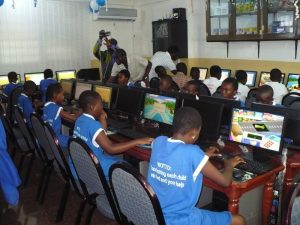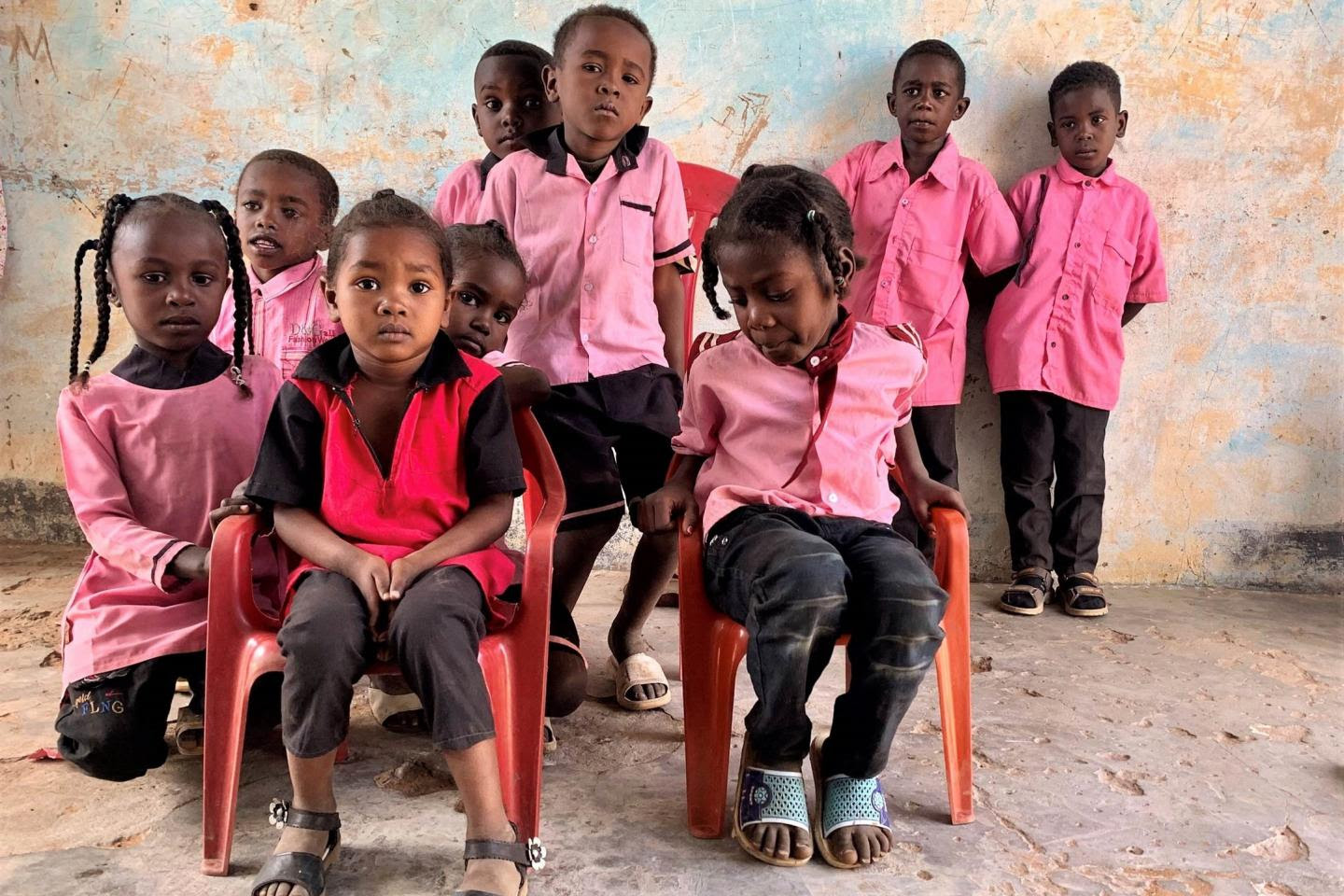
Nairobi, Kenya – The People’s Action for Learning (PAL) Network today unveiled stark findings from its groundbreaking International Common Assessment of Numeracy (ICAN) and Reading (ICAR) at the ‘Evidence for Action Forum’, revealing that in most of the participating countries, fewer than four in 10 children can read with comprehension and do basic mathematics by age 10. In three countries, fewer than 1 in 10 children achieve these foundational skills in both domains.
The assessment, measuring learning outcomes among 89,870 children aged 5 to 16 years across 12 countries, provides the most comprehensive south-south comparison of foundational literacy and numeracy to date.
Countries participating in the assessment include Kenya, Tanzania, Uganda, Senegal, Mali, Mozambique, Botswana, Bangladesh, Pakistan, Nepal, Mexico, and Nicaragua.
The two-day forum, held at Pullman Hotel in Nairobi, convened approximately 150 civil society organisations, policymakers, partners, donors, researchers, teachers, parents, and education networks.
Each participating country sent senior government representatives or Ministers of Education, underscoring the critical need for citizen-generated data in driving educational accountability.
“By 2030, data generated by PAL Network’s citizen-led assessments must inform governments, civil society, and citizens about the status of foundational learning and inspire concrete actions to improve outcomes. These findings provide the evidence base for that transformation,” PAL Network’s CEO Armando Ali stated.
“These findings confirm what we’ve long suspected but now can prove with comparable data across the Global South,” said Armando Ali, CEO of PAL Network. “By 2030, data generated by PAL
Network’s assessments must inform governments, civil society, and citizens about the status of foundational learning and inspire concrete actions to improve outcomes. The evidence is clear: we face an urgent learning crisis that demands immediate, coordinated action.”
Findings from the ICAN-ICAR Assessment:
-
By age 10, fewer than 4 in 10 children in most participating countries can read with comprehension and do basic mathematics; in three countries, this drops to fewer than 1 in 10 children
-
Even by age 12, fewer than half of children in most countries have mastered these foundational skills
-
At the Grade 4 level, fewer than 4 in 10 children achieve basic literacy and numeracy competencies in most countries, though importantly, no significant differences exist between girls and boys
-
Despite high enrolment rates of nearly 9 out of 10 children attending school (predominantly public schools with significant private school attendance), even children reaching Grade 9 often lack basic reading comprehension and mathematical abilities
-
Digital access creates significant learning disparities: in all countries, children from households with digital devices (computers, laptops, or tablets) consistently outperform those without access
A Dual Crisis: Access and Quality
The findings reveal a troubling paradox: whilst school enrolment remains relatively high across participating countries, learning outcomes lag dramatically behind. This disconnect between access and quality underscores systemic challenges in education delivery, teacher training, resource allocation, and pedagogy.
The gender parity in learning outcomes—showing no significant differences between girls and boys—represents a rare positive finding, suggesting that interventions have successfully addressed historical gender gaps in basic education access and achievement.
However, the stark digital divide poses new equity challenges. Children with access to digital devices demonstrate measurably better learning outcomes (while controlling for household wealth), highlighting the growing importance of technology access in educational equity and the risk of creating a two-tier learning system.
Implications for Policy and Practice
The findings carry significant implications for education policy across the Global South:
-
Enrolment is insufficient: While school attendance is high, it masks persistent learning deficits, requiring renewed focus on quality instruction and learning outcomes
-
Foundational skills gaps widen with age: The persistence of basic skills deficits through Grade 9 suggests systemic failures in remedial support and differentiated instruction
-
Gender parity offers a model: The absence of gender-based learning disparities demonstrates that targeted interventions can succeed, offering lessons for addressing other equity dimensions
Looking Ahead
PAL Network’s 2025-2030 strategy sets an ambitious impact goal: by 2030, data generated by citizen-led assessments and actions will be used in at least 15 Global South countries to inform stakeholders and inspire improvements in foundational learning.
The Evidence for Action Forum represents a critical step towards that vision, providing a platform for policymakers, education practitioners, and civil society to reflect on foundational learning challenges and co-create evidence-based strategies ensuring all children are learning.


